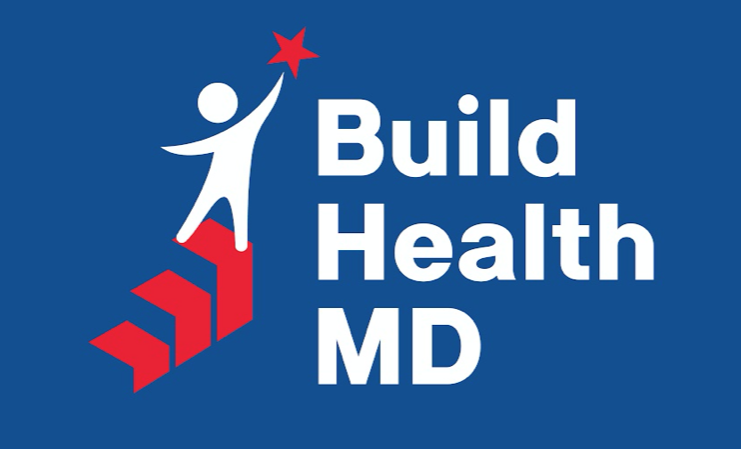Insights


Learn the Basics of Exercise
The benefits of exercise are far reaching, from reducing heart disease to cancer. Being mindful of exercise is now more important than ever where sitting at a desk for work or relaxing in front of a screen are encouraging a more sedentary lifestyle.
There are 3 types of exercise:
1. Cardiac or aerobic exercise – General goals are 150 minutes of moderate intensity exercise a week (Moderate intensity = can talk, but not sing). This is also called endurance training with a healthy heart and lungs, along with large amount of evidence to support it.
2. Strength training – General goal is 2 days per week. Strength training is important to build and maintain muscle as well as improving your bone density.
3. Stretching & balance exercises – Though there are no general goals but this becomes more important with aging and for reducing the risk of injuries. Often can be combined with the above as part of warm up/cool down routine or as part of yoga, tai chi etc.
(Remember – Listen to your body. Discomfort is okay but stop if there is any pain.)

You are what you eat
First, learn about the beneficial types of foods to add to your diet such as whole grains, healthy fats like monunsaturated fatty acids (ex. olive oil), plant proteins, nuts, seeds, whole fruits and vegetables.
Second, learn about the foods you need to reduce: red and processed meats, added sugar, high sodium foods, saturated fats and avoid all trans-fat foods. After understanding the basic principles and food classes, focus on the first class of foods you can add. In time, you will find that there will be less room for the second class of unhealthy foods.
Lastly, highly processed foods are often in the form of snacks, cold cuts, frozen entrees, instant soups and sweetened drinks which are calorie dense with refined grains, high sugar & salt content as well as saturated fats with low fiber and nutrients.
There are many different types of diets to choose from, but for success in the long run, you need to find tasty healthy dishes to slowly add to your palate.
Good food choices are good investments in your health.

Stress is an adaptive, “fight or flight” response to bring all our resources to meet the immediate challenge at hand via the sympathetic system. Stress is good as long as it is short-lived in order to reach optimal performance.
However, if our body stays revved up, it will wear out all aspects our body from physical to mental. The manifestations of chronic tension also depend on the genetics and upbringing of the person and hence, may appear quite different in each person. Further, another aspect of experiencing chronic threatening situations can lead to the phase of “freezing” where the body shuts down in the face of a threat in order to conserve energy.
There are many different stressors with difficult life events but even without a life event, if we are feeling prolonged stress, then listen carefully to understand the source of the stress to be able to address it.
On the other hand, while most of life is out of our control, our response is always in our control. When we are looking to
control these external factors and have expectations, we are bound to be feel disappointed. However, if we knowingly change our focus to thinking about what we can do to serve others and the world, then no one can disappoint or stop us. This also brings the locus of control to within us.
Peace begins with me.

